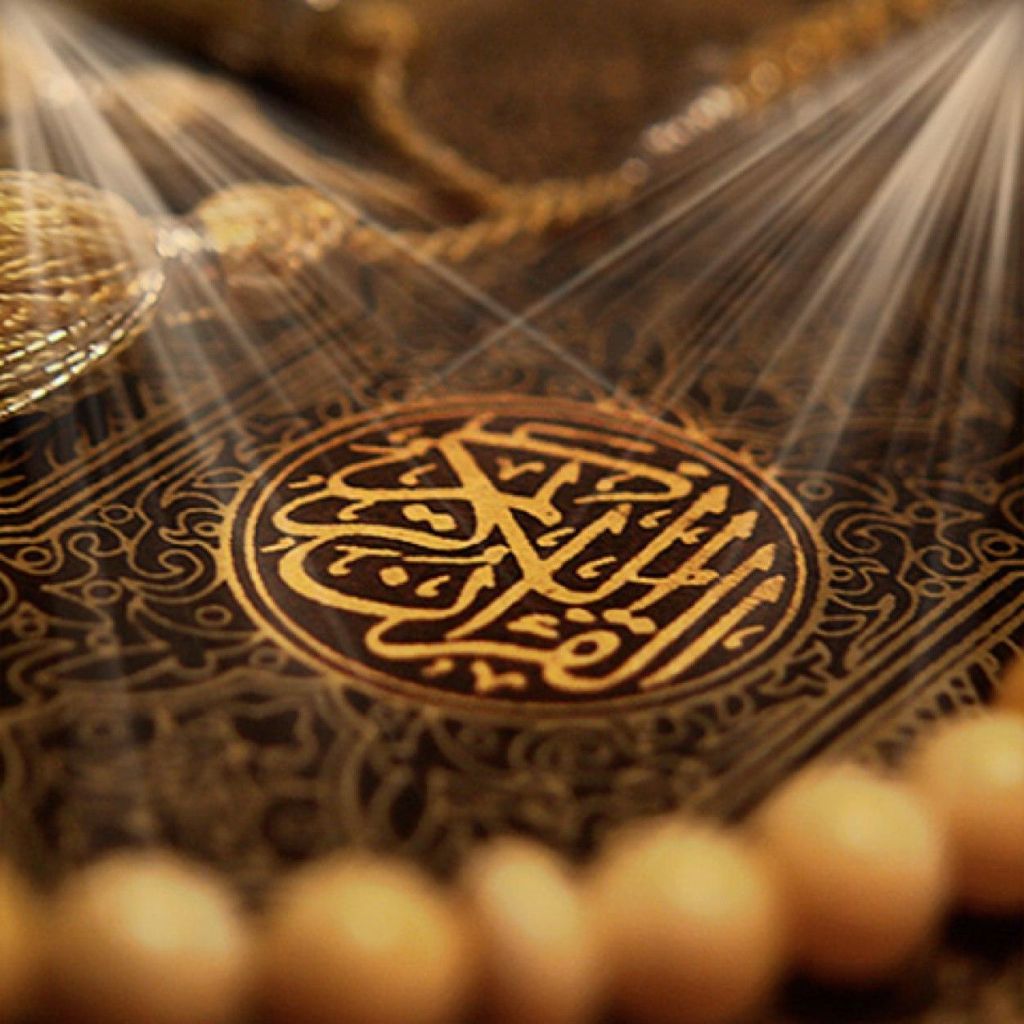Treating the Qur’an and the Name of Allah With Respect
Answered by Ustadh Salman Younas
Question: I’m curious, since moving back to my home country, and joining a Quranic school, I’ve noticed that nobody leaves the Quran on the floor. Also nobody says the name of Allah in the toilet. And there’s a third thing, wetting your fingers with saliva to turn the page of the Quran.
I sort of knew this things are ‘bad’ before, but I wonder technically are these three things (and generally respecting the sha’aair of Allah) a wajib in the four madhbabs (such that it is a sin not to do it) or mandub?
Answer: assalamu `alaykum
I pray you are well.
There are two aspects related to respecting the signs of Allah:
a. Respecting and revering Allah’s signs in one’s heart, and
b. The rulings of specific actions due to considerations of respect and reverence.
Respect & Reverence in One’s Heart
It is obligatory to respect and revere all of Allah’s signs in one’s heart.
This is specifically true of signs that are central to our religion, such as the Prophet (Allah bless him and grant him peace), Allah’s angels, books, the prayer, fasting, charity, the Hajj, the Ka`aba, Mecca, Medina, and the like.
The Qur’an states, “whosoever venerates the sacred things of God, it shall be better for him with his Lord” (22:30). It also states, “whosoever exalts the signs of Allah, that is indeed from the piety of hearts.” (22:32)
Both of these verses apply to the religion as a whole and particularly to those things that are deemed as revered by the Sacred Law. [Qurtubi, Jami al-Ahkam; `Alusi, Ruh al-Ma`ani]
Legal Rulings & Considerations of Respect
There are many actions whose rulings are based on considerations of respect and reverence. However, such actions may take any ruling on the spectrum of legal rulings, namely the obligatory, recommended, impermissible, or disliked.
Thus, for example, placing the Qur’an on the ground is impermissible because it is one of the greatest signs of the religion and the act of placing it on the floor is one of blatant disrespect. There is consensus between the scholars on the obligation of respecting the Qur’an. [Ibn Muflih, Adab al-Shari`ah]
At the same time, placing the Qur’an on the highest shelf is an aspect of showing it reverence. However, this is a recommended act and not obligatory and so it would not be impermissible to place it on other than the highest shelf.
The same is the case with uttering the name of Allah while in the immediate vicinity of filth, or while one’s nakedness (`awra) is uncovered; it is impermissible for the name Allah is the greatest of names related to the religion of Islam and to utter it in such a place or state is clearly disrespectful. As such, it is obligatory to avoid uttering Allah’s name in such contexts.
With this, adding things like “Most High” after the name of Allah is recommended as it shows reverence to Him Most High.
Conclusion
As such, though it is obligatory to respect all of Allah’s signs and particularly those that are part and parcel of our religion, not every action given a ruling based on considerations of respect is obligatory. Sometimes it may be while other times it is recommended.
With this it should be said that as Muslims aiming for piety and closeness to Allah most High, we should always make a point to show in our actions respect and reverence for all that is connected to this religion. This is what true gratefulness to Allah entails.
wassalam
Salman
Checked & Approved by Faraz Rabbani
